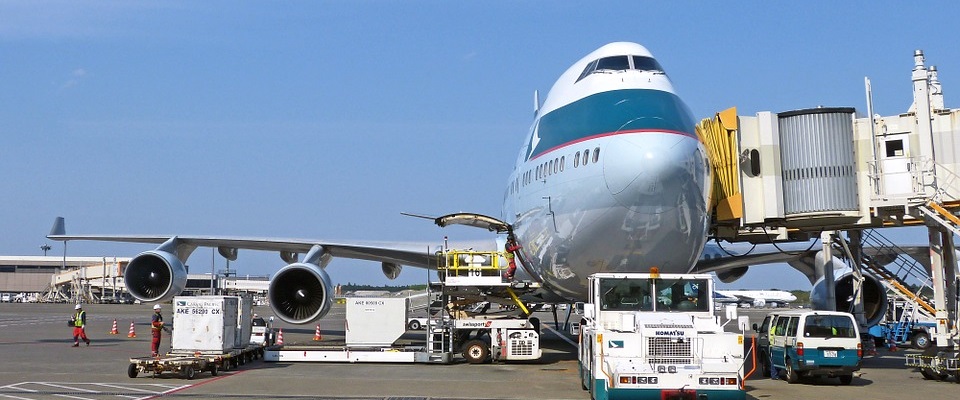A research group from Washington State University has successfully produced jet fuel by melting plastic waste at high temperatures using an activated carbon catalyst (a processed form of carbon with increased surface area). “Waste plastic is a huge problem worldwide,” said Professor Hanwu Lei. “This is a very good and relatively simple way to recycle these plastics [as they contain a lot of hydrogen, which is a key component in fuel].”

In the experiment, Lei and colleagues tested low-density polyethylene as well as a variety of other waste plastic products such as water bottles, milk bottles, and plastic bags. The plastic materials were first ground down into three millimetres pieces, about the size of a grain of rice, and then placed on top of activated carbon in a tube reactor at temperatures ranging from 430°C (806°F) to 571°C (1,060°F).
“Plastic is hard to break down,” Professor Lei said. “You have to add a catalyst to help break the chemical bonds.” Once the carbon catalyst has done its work, it can be separated out and re-used on the next batch of waste plastic conversion and can also be regenerated after losing its activity. After testing several different catalysts at different temperatures, the best result produced a mixture of 85% jet fuel and 15% diesel fuel. “You have to separate the resulting product to get jet fuel,” says Prof. Lei. “If you don’t separate it, then it’s all diesel fuel.”
According to the Environmental Protection Agency, landfills in the U.S. alone received 26 million tons of plastic in 2015 (the most recent year statistics are available). China has recently stopped accepting foreign plastic recycling. Conservative estimates by scientists say that at least 4.8 million tons of plastic enters the ocean each year worldwide. Not only would this new process reduce that waste, very little of what is produced is itself wasted.
“We can recover almost 100% of the energy from the plastic we tested,” Lei said. “The fuel is very good quality, and the byproduct gasses which are produced are high quality and useful as well.”
He also said the method for this process is easily scalable. It could work at a large facility or even on farms, where farmers could turn plastic waste into diesel fuel. This work will hopefully provide an efficient solution to the overwhelming amount of plastic waste produced by our society.
